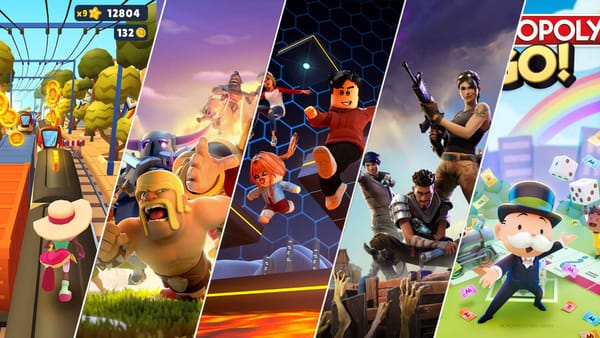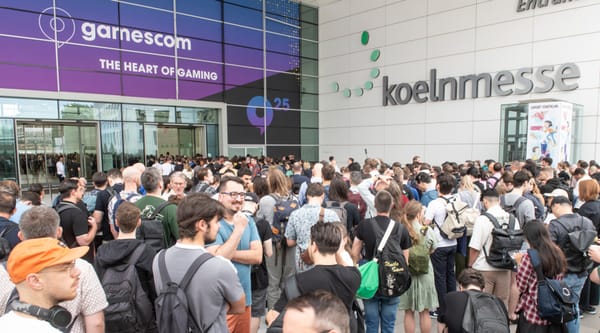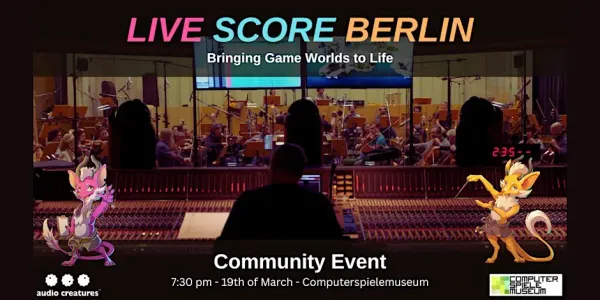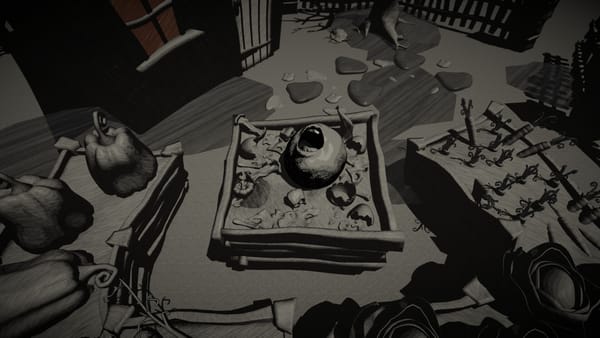Verbraucherzentrale Warns Publisher, Sues Roblox and Plans Position Paper




In an investigation of five games, the Verbraucherzentrale Bundesverband discovered dark patterns and, according to the vzbv, prohibited purchase requirements for children, non-transparent prices or misleading discounts. It issued cease-and-desist proceedings and filled a lawsuit against Roblox. Additionally, vzbv wants to publish a position paper in the coming weeks.
As the leading consumer protection organisation, the Verbraucherzentrale Bundesverband (vzbv; Federation of German Consumer Organisations) is increasing the pressure on games companies. According to the vzbv, a recent study of five games found numerous design tricks designed to persuade consumers to spend money. The games investigated were Fortnite (Epic Games), Roblox (Roblox), Clash of Clans (Supercell), Monopoly Go (Scopely) and Subway Surfers (Sybo).
"Online games can be expensive fun if providers use tricks to trick players into spending money on virtual items," says Sabrina Wagner, a consultant in the Digital Market Observation team at vzbv. "It becomes even more problematic when users are not even aware of how much money they are spending because the amount is disguised in package prices or stated in a virtual currency."
From the vzbv's point of view, all five games also contained prohibited requests for children to buy, non-transparent prices or misleading discount offers for virtual items. The vzbv therefore issued a warning to each publisher. Four of the five cease-and-desist proceedings initiated have already been concluded by issuing a cease-and-desist declaration. In one case, however, the vzbv has filed a lawsuit against the online platform Roblox.
The vzbv's approach is not a solo effort. Consumer protection organisations across Europe have targeted providers of online games for children and young people in particular. The European umbrella organisation of consumer protection organisations BEUC, of which vzbv is a member, filed a complaint with the EU in September 2024. The EU Commission's Consumer Protection Cooperation (CPC) Network has already responded and developed key principles, which were immediately criticised by the European games associations VGE and EGDF and rejected as misinterpretations.
However, the issue is far from over, as the vzbv's current campaign shows. In the press release on the current proceedings, the vzbv also announced that it would publish ‘a position paper with corresponding demands’ in the coming weeks. It also wants to participate in the European Commission's preparatory consultations for the Digital Fairness Act.
Never miss anything from the German, Swiss and Austrian games industry again: subscribe for free to our Daily newsletter and get all news straight to your inbox.








